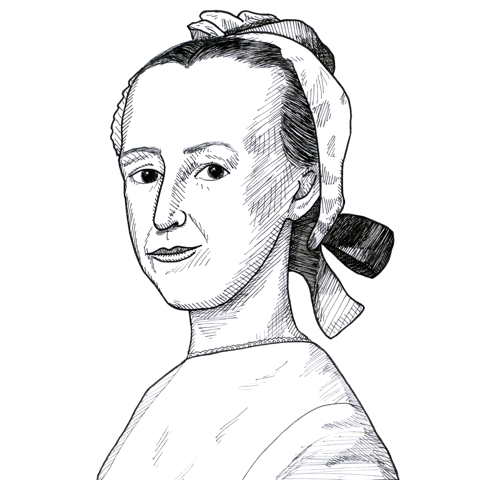
Mercy Otis Warren asks why people are so willing to obey the government and answers that it is supineness, fear of resisting, and the long habit of obedience (1805)
Found in: History of the Rise, Progress, and Termination of the American Revolution vol. 1
In her pioneering History of the American Revolution (1805) Mercy Otis Warren (1728-1814) reflected upon the propensity of human beings to obey authority out of old habits of obedience until they have been pushed to the limits by despotic masters.
Politics & Liberty
[T]here is a certain supineness which generally overspreads the multitude, and disposes mankind to submit quietly to any form of government, rather than to be at the expense and hazard of resistance. They become attached to ancient modes by habits of obedience, though the reins of authority are sometimes held by the most rigorous hand. Thus we have seen in all ages the many become the slaves of the few; preferring the wretched tranquillity of inglorious ease, they patiently yield to despotic masters, until awakened by multiplied wrongs to the feelings of human nature; which when once aroused to a consciousness of the native freedom and equal rights of man, ever revolts at the idea of servitude.